Desgarrada is a traditional Portuguese practice of improvised sung verse-duels, most strongly associated with the Minho region in the north and with Azorean "cantoria ao desafio." Two (or more) singers trade witty, often teasing stanzas in rapid succession, typically over a lively folk accompaniment led by diatonic accordion (concertina), guitar or regional violas (e.g., viola braguesa; in the Azores, viola da terra).
The performance hinges on quick verbal invention, rhyme, and meter (frequently quatrains in redondilha meter or décimas), with themes that range from humorous courtship and social satire to local pride and friendly rivalry. Call-and-response energy, audience participation, and regional dialects are central to the style, which thrives in fairs, romarias (religious festivals), taverns, and community gatherings.
Desgarrada emerges from long-standing Iberian traditions of improvised sung poetry and verse-dueling, known broadly as "cantares ao desafio" in Portugal. Rooted in rural folk practice, its poetic forms (quatrains, décimas, redondilha meter) reflect medieval and early modern oral-poetry lineages and the broader troubadour/trova milieu. By the 1800s, Minho’s fairs and communal festivities had consolidated a vibrant culture of friendly, competitive singing exchanges, while in the Azores a closely related "cantoria ao desafio" took shape, commonly accompanied by the viola da terra.
Throughout the 20th century, increased mobility, radio, and local recordings helped standardize the performative codes of the genre—rapid repartee, topical humor, flirtation, and playable rivalry—without undermining its core improvisational ethos. Concertina-led ensembles and folk groups helped carry the sound beyond local settings, and the form occasionally intersected with fado in the "fado à desgarrada" format, where fado singers exchanged improvised stanzas.
In recent decades, folk groups, concertina clubs, and festivals have revitalized the practice, bringing desgarrada to stages and media while preserving its spontaneity. Youth ensembles and community schools foster new performers, and the genre remains a living, participatory tradition at romarias and village feasts. Diaspora communities have also sustained the form abroad, maintaining linguistic play, regional identity, and the hallmark good-natured contest.

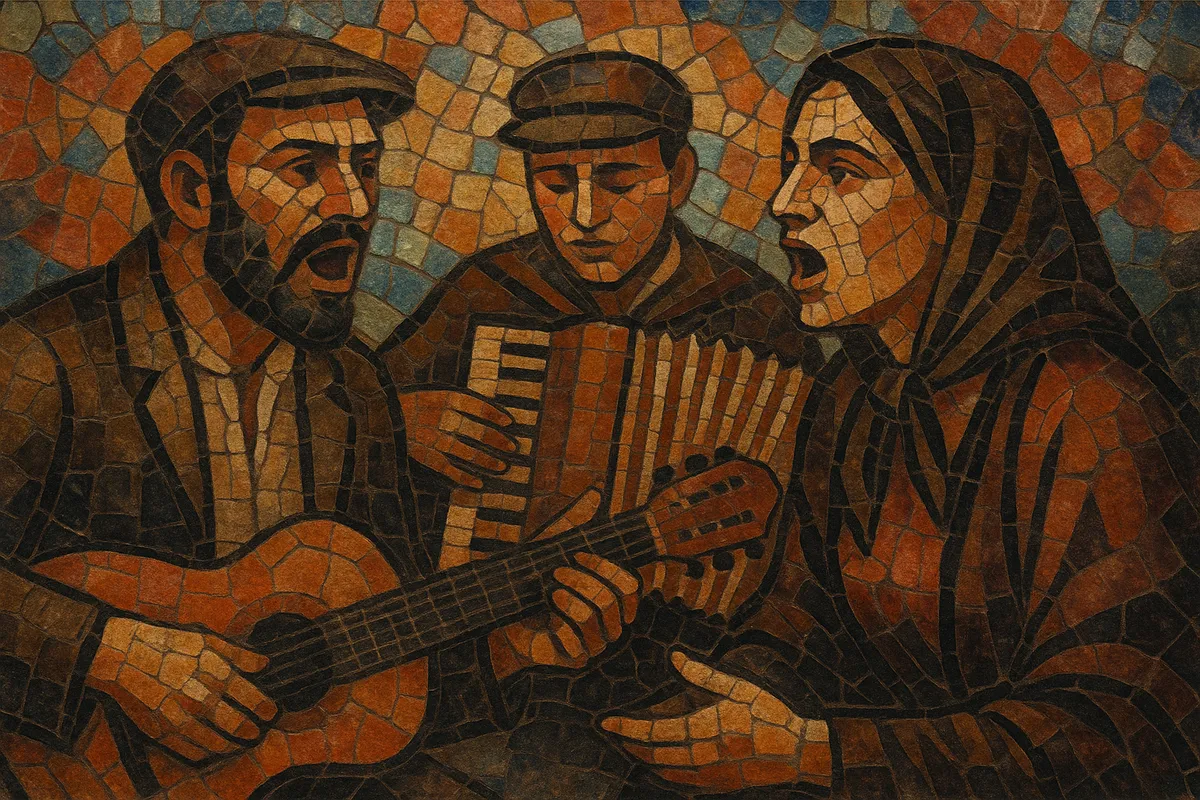
%2C%20Cover%20art.webp)
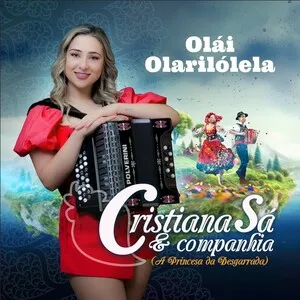
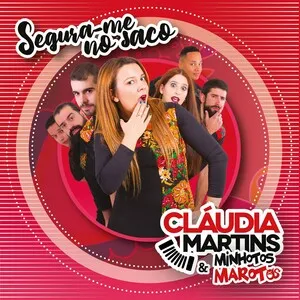
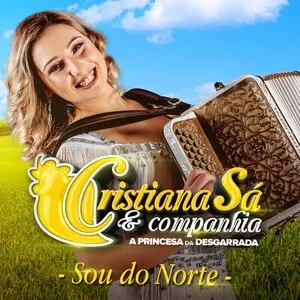
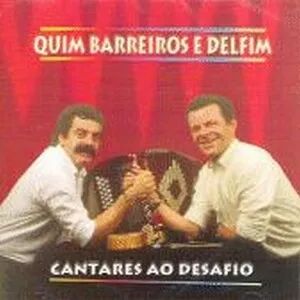
%2C%20Cover%20art.webp)
